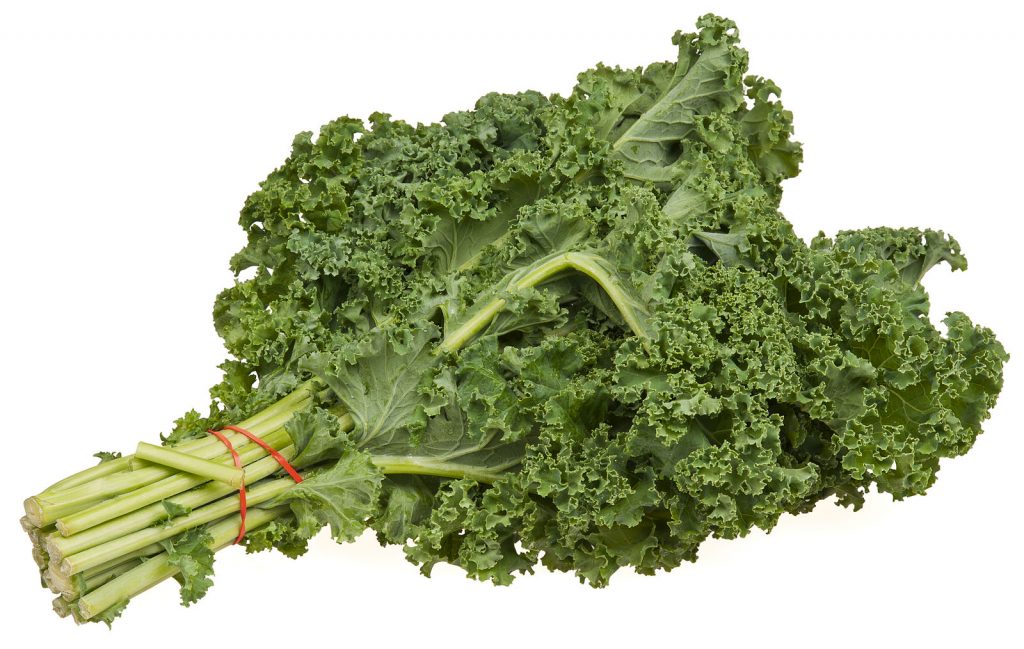
Kale may be a superfood, but for one paper on the vegetable, Twitter proved to be its Kryptonite. We’ll explain.
Last November, Food Science & Nutrition published an article titled “Kale (Brassica oleracea var. sabellica) as miracle food with special reference to therapeutic and nutraceuticals perspective.”
How miraculous? As the authors, from Government College University in Faisalabad, Pakistan, wrote:
Kale is a rich source of nutrients including antioxidants (e.g., beta-carotene, ascorbic acid, and tocopherol), both water-soluble vitamins (WSV) and fat-soluble vitamins (FSV), bioactive compounds, phytochemicals (including lutein, zeaxanthin, and polyphenols), fiber, and both macrominerals and microminerals. Due to wide variety of components, it improved the human health and played a vital role in body growth, and helped in repairing cells (pancreatic beta-cell and abnormal cell growth), and also prevents the various types of major human body-related diseases such as cancer, heart muscles, type-2 diabetes, eyes disease, brain disorder, bone disease, gastrointestinal (GIT)-related disorders, and hypertension. Conclusively, kale has a diversified potential against certain type of maladies due to presence of numerous bioactive compounds.
But as Colby Vorland noted on PubPeer and Twitter at the time, something – well, many things – about the paper, which had cited a 2017 study of his, were problematic. Take, for example, this bizarre passage:
Kale is a vegetable patch that has biotic, healthful, and nutritional worth. Because of large use in duke’s land, a huge number of confined inhabitants are conventionally plowed. Five gathering leaves are illustrative on five specimens of the plant of each specimen. The dry matter substances such as cinder, fat, glucose, and starch are resolved using a logical process.. Statistical investigation of figures shows that there are important dissimilarities in many investigated features between impregnated generations in contrast to natural residents. The outcome surely donates to a superior understanding of the healthful belongings of our endemic sort of vegetables (Ebert, 2014).
That, in the words of one Twitter user, was:
Meanwhile, another commenter posted an analysis of the article using the GPT-2 Output Detector indicating an almost 100% likelihood that it was fake.
In the retraction notice, the journal blamed fake peer review – which, if we may, seems to spring up like weeds no matter how long publishers have known about it:
The above article, published online on 5 November2021 in EarlyView section on Wiley Online Library (https://doi.org/10.1002/fsn3.2476), has been retracted by agreement between the authors, the journal’s Editor-in-Chief, Prof. Y. Martin Lo, and Wiley Periodicals, LLC. The retraction has been agreed as the editorial office found unambiguous evidence that the manuscript was accepted solely based on compromised reviewer reports.
The corresponding author of the paper has not responded to a request for comment from Retraction Watch. Neither did Y. Martin Lo, the editor in chief of the journal.
Vorland, a post-doc at Indiana University, told us:
Gideon Meyerowitz-Katz and I had discussed the issues in the paper over Twitter at the time. By the time we had planned to write to the journal, to my pleasant surprise Wiley’s Twitter account informed me that they would investigate it. I appreciate that they took that initiative. I prompted them on Twitter a couple times for updates and they were responsive. Compared to some other experiences our group has had with journals, publishers, and editors, this was a delight.The only critiques of the process I have is to wish there had been an expression of concern or other note attached to the paper for the six months it took to investigate, and to link the PubPeer thread in the retraction notice. These are part of our larger wish list of norms that we think would improve post-publication experiences and efforts.
Like Retraction Watch? You can make a tax-deductible contribution to support our work, follow us on Twitter, like us on Facebook, add us to your RSS reader, or subscribe to our daily digest. If you find a retraction that’s not in our database, you can let us know here. For comments or feedback, email us at [email protected].
How much of the “word salad” effect is due to mistranslation, though?